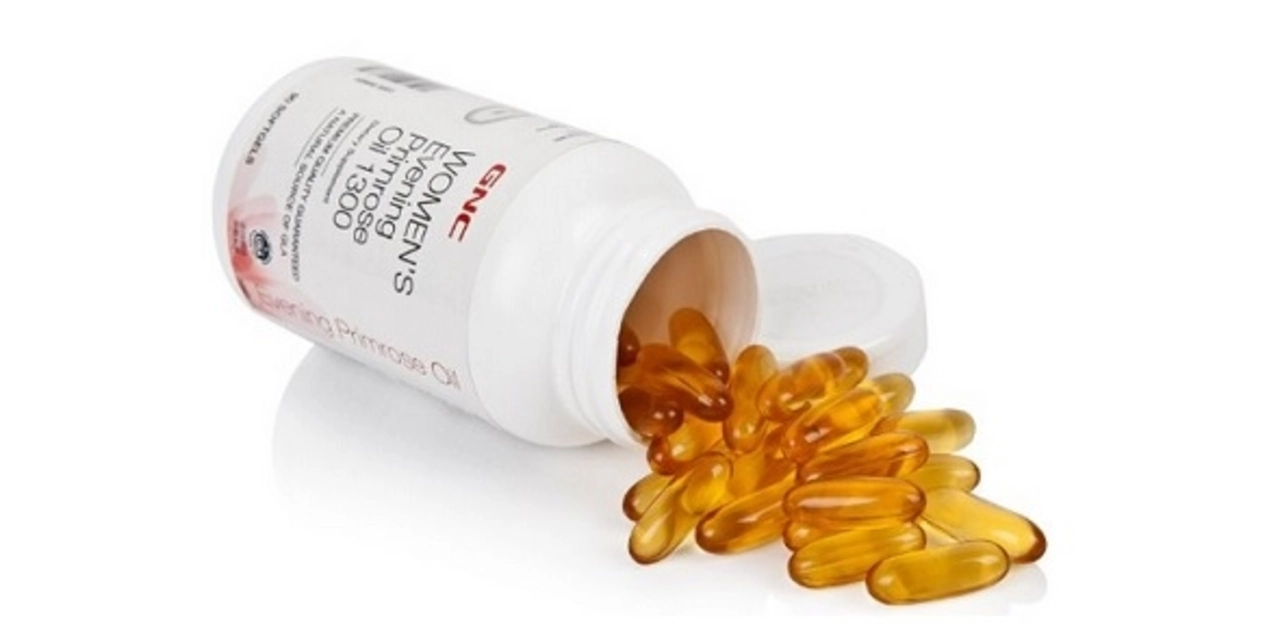Master Menopause: Practical help for real life
Menopause is more than a single moment — it’s a phase that changes sleep, mood, skin, bones, and sex. If you’ve landed on this tag page, you want clear, usable info without the fluff. Here you’ll find straightforward explanations of common symptoms, how doctors diagnose menopause, what treatments actually do, and simple steps you can start today.
Quick symptom checklist
Not everyone has the same signs, but look out for these common changes: hot flashes or night sweats, irregular periods, trouble sleeping, mood swings or anxiety, decreased libido, vaginal dryness, and gradual hair thinning. If symptoms arrived in your 40s to 50s and last a few months to years, that’s often the menopausal window. If anything feels sudden or severe — heavy bleeding, sharp pelvic pain, or very low mood — see a clinician right away.
Treatment options explained
There are two big routes: hormone-based therapies and non-hormonal approaches. Hormone replacement therapy (HRT) replaces the estrogen your body stops making. Many people get strong relief from hot flashes and sleep issues with HRT. Some HRT plans pair estrogen with a progestin like medroxyprogesterone (found in products such as Provera) when a uterus is present — that protects the uterine lining.
Non-hormonal choices matter too. Antidepressants, certain blood pressure meds, and gabapentin can reduce hot flashes for people who can’t or don’t want HRT. Vaginal moisturizers and local estrogen can help dryness and painful sex without raising systemic hormone levels. For bone health, calcium, vitamin D, weight-bearing exercise, and prescription drugs can lower fracture risk.
Think about risks honestly. HRT helps a lot but isn’t right for everyone. Your personal risks for heart disease, stroke, and certain cancers change the balance. A short, direct conversation with your doctor that covers your health history and family history usually makes the choice clear.
Practical steps you can try tonight: cool your bedroom, swap heavy pajamas for breathable fabrics, skip late caffeine, add brisk walking three times a week, and try pelvic floor exercises for sexual comfort. Small daily changes often add up faster than you’d expect.
Want focused reads? Look through articles on this site about hormone therapy and Provera, sexual health during and after menopause, safe supplement choices, and lifestyle plans that actually work. You’ll find how-to tips, drug profiles, and real-world advice from people who’ve been there.
If you’re unsure where to start, pick one symptom that bothers you most and address that first — sleep, hot flashes, or sexual discomfort. Tackle one issue, check how it goes, then move to the next. That keeps progress manageable and avoids overwhelm.
If you have specific questions about medications, interactions, or how menopause ties into other conditions like diabetes or heart disease, use the site’s guides or talk to your healthcare provider. You don’t have to manage menopause alone — practical help is available, and many good options can make this phase much easier.

